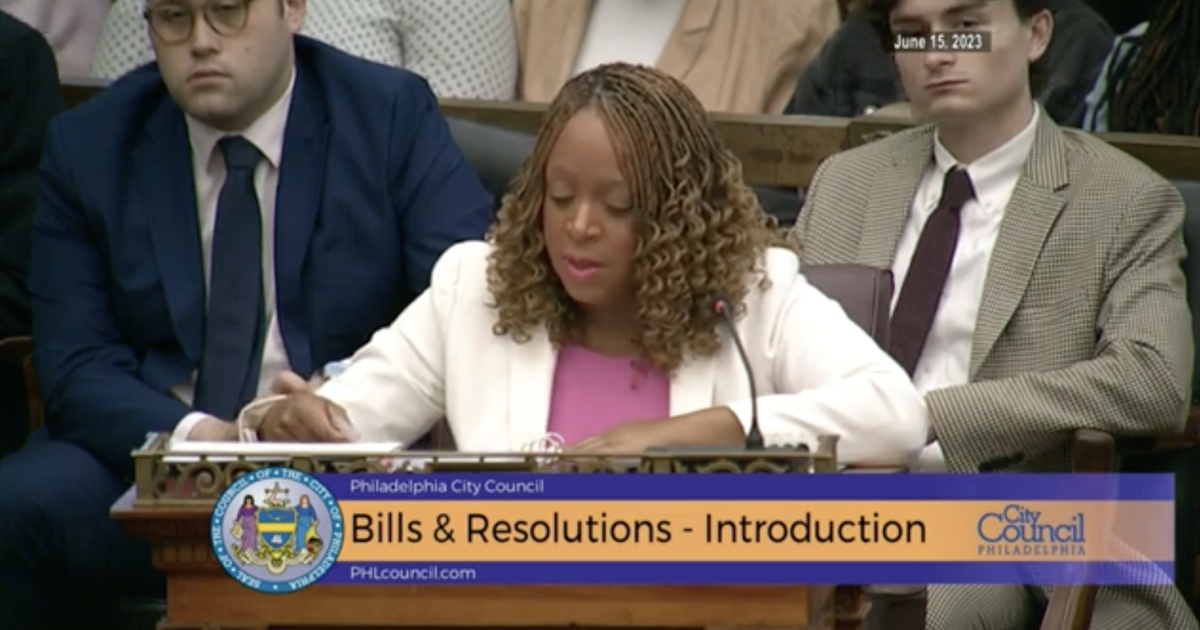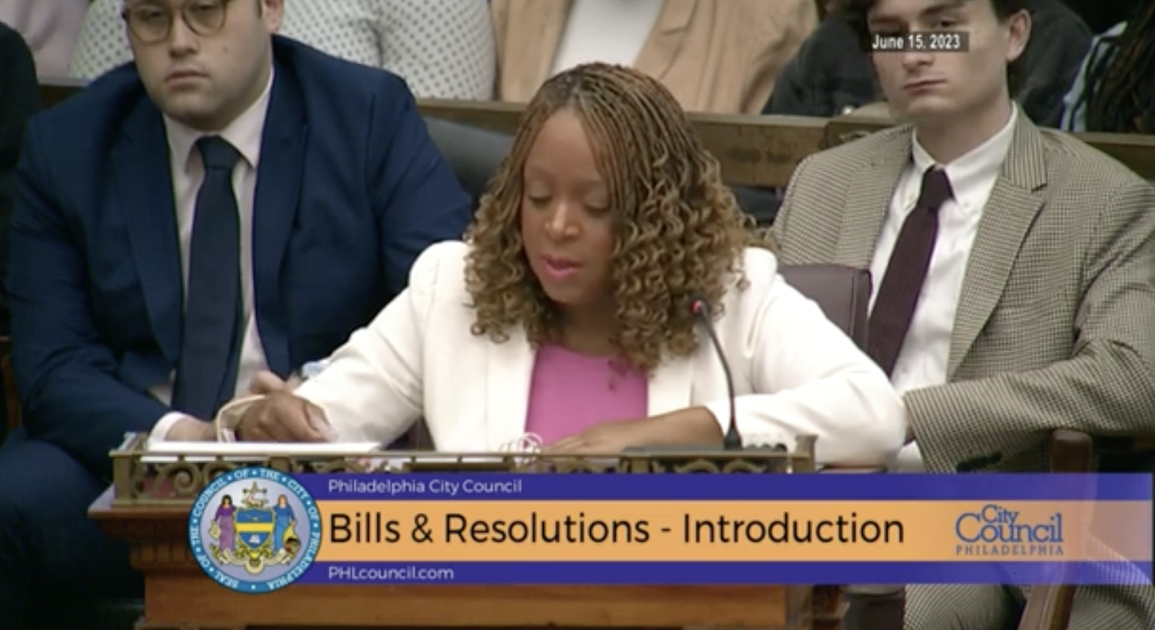
City Council has announced the framework for the Philadelphia Reparations Task Force, signaling a significant step toward addressing historical injustices faced by the city’s Black community.
The task force, led by Councilmembers Jamie Gauthier and Kendra Brooks, aims to study Philadelphia’s role in the slave trade and develop proposals that help rectify the enduring impact on Black residents.
Gauthier emphasized the importance of confronting uncomfortable truths of the past to pave the way for a more equitable future. “Until we look into our past with the determination to uncover the entire truth – no matter how ugly or scary that truth may be – our nation’s original sin will continue to toxify the present and future,” she said during Friday’s announcement.
Members of Philadelphia’s Black community are invited to participate in the initiative. The task force is accepting applications for eight open positions, which cover economic justice, education, health and wellness, history, human services, criminal and legal justice, law and policy and urban planning.
The deadline to apply is Jan. 15, and interested individuals can find more information and apply on the task force’s website. Applicants must be “descendants of enslaved Africans in the United States, the descendants of Black, Negro, or Colored Americans since 1865, and/or the descendants of Freedmen emancipated from slavery,” must have lived in Philadelphia for at least 10 years and should have experience in activism, social justice, grassroots community organizing or reparatory justice.
“This reparations task force is a vehicle to implement the vision of Black Philadelphians for Black Philadelphians,” said Breanna Moore and Rashaun Williams, cochairs of the task force and the National Coalition of Blacks for Reparations in America PHL. “To strengthen the repair that is already happening and open the floodgates to welcome the future healing that will be.”
The task force will study the historical implications of slavery and Jim Crow, as well as propose programs and initiatives to atone for the legacy of institutional racism. Reparations may take various forms, including direct payments, land, scholarships, the development of museums and the exoneration of political prisoners, according to N’COBRA.
Members of the Philadelphia Reparations Task Force will be announced during Black History Month next February. The task force is poised to begin its work shortly after.
The resolution to establish the task force was introduced in June and received unanimous approval from City Council.
While there are currently no federal reparations programs in place, various cities and states across the U.S. have taken steps to address historical injustices through similar initiatives.
New Jersey established a wealth disparity task force in 2021, and California released the findings from its task force to its state assembly this summer. San Francisco’s board of supervisors is actively considering over 100 recommendations, including potential $5 million payments to eligible individuals. Evanston, a suburb of Chicago, initiated a reparations program in 2019.


